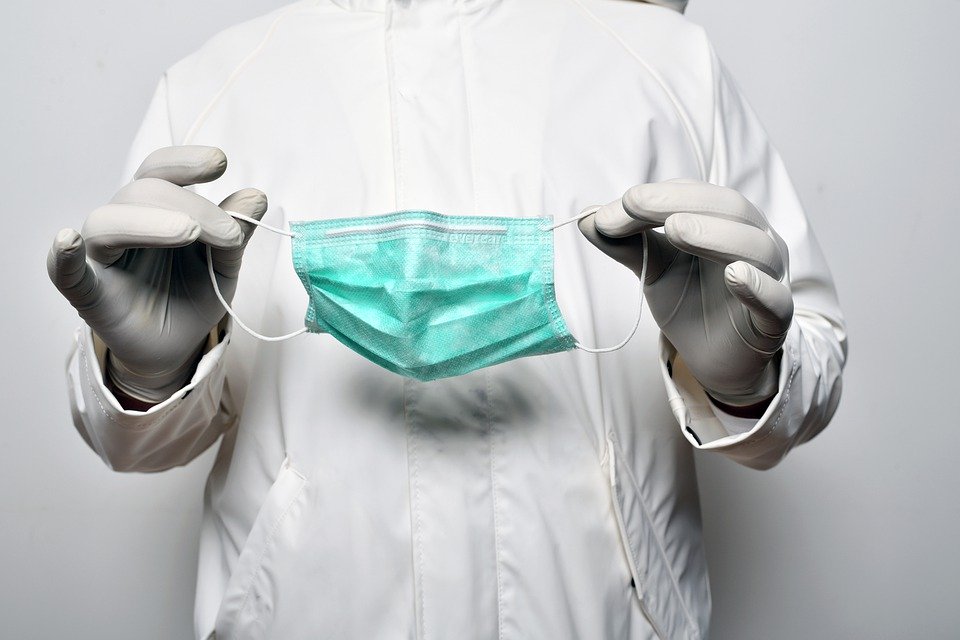Too often, elected officials, pundits, and activists invoke science to underscore policy positions. They use the word “science” to convey what they want others to believe is the absolute truth. They assert facts with outdated and incorrect information, without addressing legitimate unknowns and uncertainties. Sadly, this tactic has become commonplace in our politics. It is a trend we must reverse to enhance our nation’s preparedness for both naturally occurring and man-made threats.
One only needs to watch recent congressional hearings to see what I’m talking about. Having spent a portion of my career on Capitol Hill, I know that hearings are only for show. The real work of Congress gets done outside of hearings. That said, it is maddening to listen to the ignorant and sometimes deliberately incorrect exchanges in the name of science. Oftentimes, unfounded assertions made in hearings get amplified in traditional and social media echo chambers and inevitably make their way into fallacious arguments during policy discussions. We must do better.
Science is a process of discovery that creates knowledge. That knowledge evolves, regardless of discipline. And sometimes, advancements in science cause us to question what we thought we knew. Doubling down on obsolete knowledge is no different than continuing to believe the earth is flat. Deliberately pushing a false narrative in the name of science is even worse.
A prime example concerns COVID-19. The first variant of the virus spread quickly and catastrophically. Vaccines were developed in record time to arrest a global pandemic. Efficacy took priority over safety. Our normal scientific process was deliberately truncated to mitigate the risk of mass casualties. The rush to create medical countermeasures did not allow sufficient time to ascertain the safety of those measures. More science would be necessary to accomplish that. Now we’re playing catch-up to address those safety concerns, and we need scientific discovery to shed light on the real consequences of those early decisions.
This is not about casting blame. This should be a bipartisan imperative. We must learn how to better prepare for and respond to emerging diseases. However, it is difficult to do that when our leaders are not well-informed or refuse to be educated on what science has taught us since the emergence of COVID-19. Among other things, we learned the 6-foot separation rule didn’t make much sense because the virus was transmitted via aerosols rather than droplets, not all face masks were effective in mitigating transmission, the vaccines were not 100% effective, people could transmit the disease after having been vaccinated, herd immunity will not eradicate a disease for a virus that mutates rapidly, certain subpopulations had worse outcomes than others, and mRNA technology is far from risk free. People need to start paying more attention to the knowledge we have gained through science since the pandemic started, and less to what someone told them based on limited knowledge five years ago or to substantiate a political agenda.
Without asking the hard questions, promoting good science, and accounting for the information that is derived from unbiased analyses, even when that new knowledge shines a light on bad decisions in the moment, we are destined to make the same mistakes we did with COVID-19.
An understanding of science is fundamental to good government. Enhanced preparedness depends on it. We all must do our part to challenge dogmatic assertions in the name of science and continue to push for the creation of knowledge through the scientific process.
